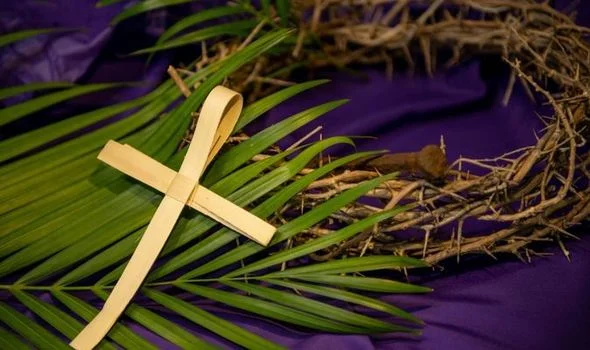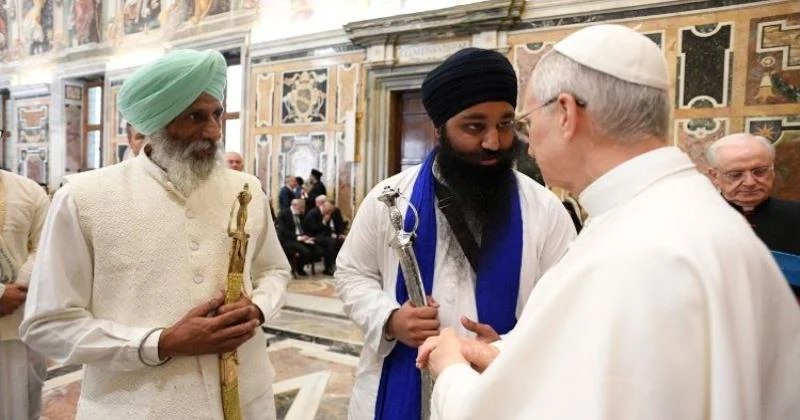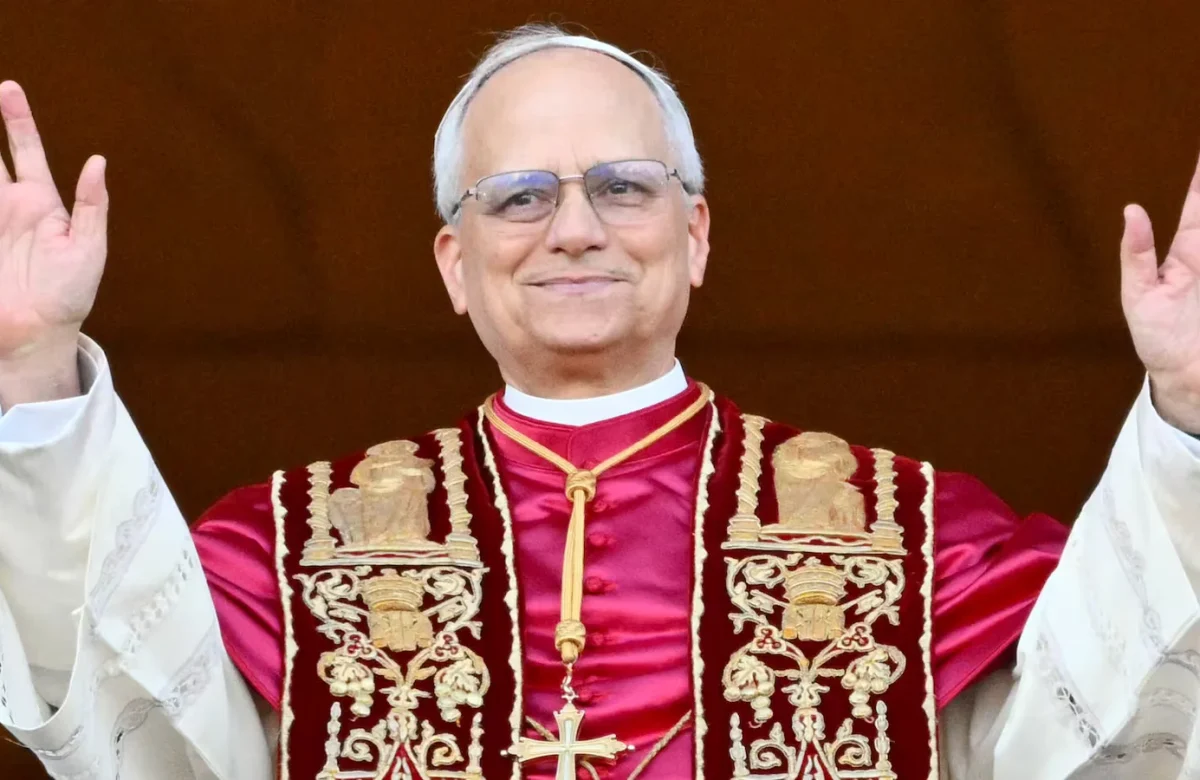
Global Church Leaders Renew Efforts to Establish Unified Easter Date
- Interfaith
- April 19, 2025
- No Comment

Global Church Leaders Renew Efforts to Establish Unified Easter Date
As the year 2025 approaches, global Christian leaders are intensifying discussions around establishing a fixed, unified date for Easter—a proposal that gains significance as Easter Sunday will fall on the same day for both Western and Eastern churches that year.
Currently, Western churches observe Easter based on the Gregorian calendar, while Eastern Orthodox churches follow the Julian calendar. This discrepancy often results in different Easter celebrations, despite the holiday marking the same religious event: the resurrection of Jesus Christ.
Faith leaders view the rare calendar alignment in 2025 as a symbolic opportunity to promote unity across Christian denominations. Pope Francis has expressed strong support for a common Easter date, highlighting the need to move beyond historical divisions and focus on shared beliefs.
Easter “belongs to Christ” and should be a moment of shared faith and peace. Celebrating it together would send a powerful message of unity to the world,” the Pope said in recent remarks.
The upcoming 1,700th anniversary of the Council of Nicaea—where the first attempt to standardize Easter’s date was made—adds to the urgency of reaching a consensus. Ecumenical groups and inter-church councils have proposed using astronomical calculations and the Jerusalem meridian to determine a consistent annual date.
While the initiative has gained momentum, there are still hesitations, especially among some Orthodox leaders who remain cautious about modifying long-standing traditions.
Many believe it could serve as a stepping stone toward lasting agreement on one of Christianity’s most sacred observances.
A unified Easter celebration, faith leaders say, would not only reflect theological harmony but also foster greater collaboration and mutual respect among Christian communities worldwide.







